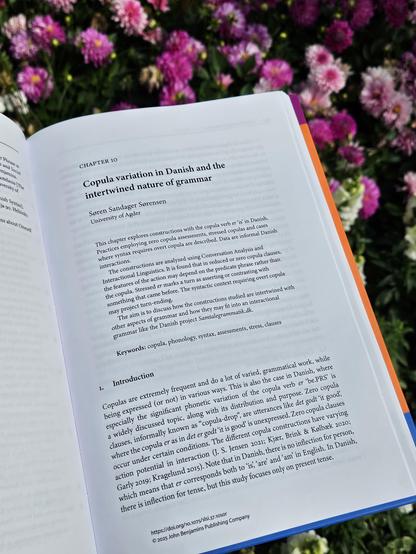This is interesting to me, at least. It looks like they trialled this in poorer areas of the country, so mostly I see Lancashire in the article, but also Plymouth; possibly places where kids wouldn't be expected to have access to books at home?
I went to school at a very early age, to a day-boarding school. They taught ITA and normal English together, I think, at least, I could read normal English, but I thought in ITA and still do.
If you ask me to spell something, I spell it in my head in the phonetic alphabet (ah, bu, ker, der, eh, pff, ger) and I have a mostly instinctive translation mechanism that translates it to normal English style before I speak it; except when I have to actually think about the spelling, and split my brain, then it comes out phonetically, I have to experiment with the spelling in phonetics before I can convert - I just can't think in normal English.
I am not sure it messed me up much. I have learned to spell, but some words don't make sense to me (which is just English), and some I am stubborn about.
I also collect ITA books now, the first one I got after 50 years or so, I realised I could read perfectly. I'd never thought about what happened to ITA, maybe I was lucky that I used both and wasn't suddenly hit with a whole new reading language; but I do wonder where it went, and when I stopped using it.
#English #Writing #Education #ITA #Pittman #Phonetics #Schools #UK #GB #Lancashire #Poor #Kids #Language



